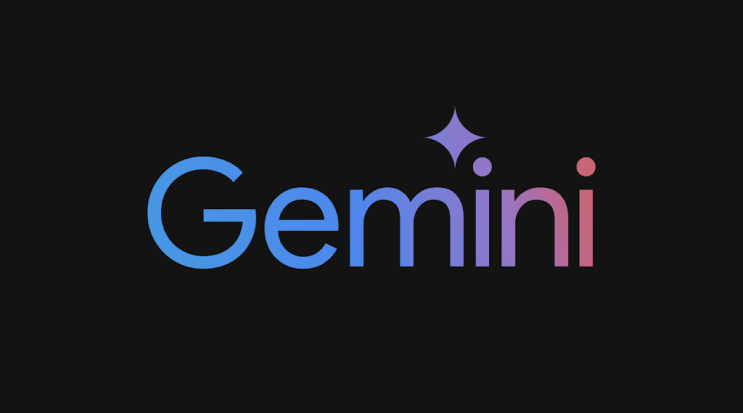Gemini Google is a cutting-edge machine learning tool developed by Google, aiming to transform how information is processed and consumed. Integrated within Google’s ecosystem, Gemini harnesses artificial intelligence and natural language processing to provide personalized content recommendations, enhance search capabilities, and facilitate seamless interactions across various Google services.
The primary objective of Gemini is to offer users a more tailored experience by analyzing user behavior and preferences, ultimately improving the relevance of delivered content. Gemini’s functionality relies on data-driven insights, enabling it to learn from user engagement patterns. By leveraging a vast array of algorithms and datasets, Gemini processes inputs in real-time, continuously refining its suggestions and recommendations to suit individual needs.
Despite its benefits, some users may choose to disable Gemini Google due to concerns such as information overload, excessive personalized recommendations, and privacy issues. By disabling Gemini, users can regain control over their online experience, ensuring a more general browsing experience without automated suggestions.
Reasons to Disable Gemini Google
Several compelling reasons motivate users to disable Gemini Google:
- Data Privacy Concerns: Users are increasingly aware of how their personal information is collected, analyzed, and utilized. Disabling Gemini provides users with control over their data, minimizing the risk of misuse or unauthorized sharing.
- Notification Overload: Gemini Google can generate numerous alerts and updates, which some users find overwhelming. Disabling the service reduces unnecessary distractions, creating a more focused digital environment.
- Interface Preferences: Some users prefer a simpler interaction with Google services. The Gemini interface may feel cumbersome or overly complex, prompting users to seek a more straightforward experience.
Step-by-Step Instructions to Disable Gemini Google
Disabling Gemini Google can be beneficial for users seeking to manage their online experience more effectively. Here’s a comprehensive guide for both desktop and mobile users:
How to Turn Off Gemini Google on Desktop
- Open your web browser and log into your Google account. Navigate to the Google homepage.
- Click on your profile icon in the upper right corner. From the dropdown menu, select Manage your Google Account.
- On the left sidebar, click on Data & personalization. Scroll down to the Activity controls section and click on it.
- Locate the Web & App Activity setting. Toggle the switch to turn it off. Confirm your choice by clicking Pause when prompted.
- Review Location History and Voice & Audio Activity to ensure they are disabled as desired.
How to Turn off Gemini Google on Mobile Device (Android or iOS)
- Open the Google app on your mobile device. Ensure you are signed into your Google account.
- Tap your profile icon located at the top right corner of the screen.
- Select Settings from the menu, then choose Google Assistant.
- Navigate to the Devices section where you will see your current settings. Locate the Disable option for Gemini Google and turn it off. Confirm your choice when prompted.
- Explore Privacy settings through the Google account menu to ensure unwanted data collection features are turned off.
Alternatives and Managing Google Settings Post-Gemini
After disabling Gemini Google, users may seek alternatives to access similar functionalities and maintain an efficient experience. Consider exploring:
- Google Discover: This feature curates a personalized feed based on user preferences, interests, and past activity without Gemini integration. Users can tailor their Discover feed further through their Google account settings.
- Google Assistant: This voice-activated tool can help users navigate tasks, answer queries, and manage schedules. Understanding how to utilize Google Assistant effectively can enhance productivity.
- Google Photos: With advanced search features, users can find images more effectively using keywords and filters. Managing sharing settings and storage options can help users maintain control over their content.
To optimize your Google experience without Gemini, actively manage your Google Account settings. Regularly review Privacy and Personalization sections to adjust preferences regarding ads, data sharing, and tailored content. By doing so, users can ensure their Google experience aligns with personal preferences and desired privacy levels.


